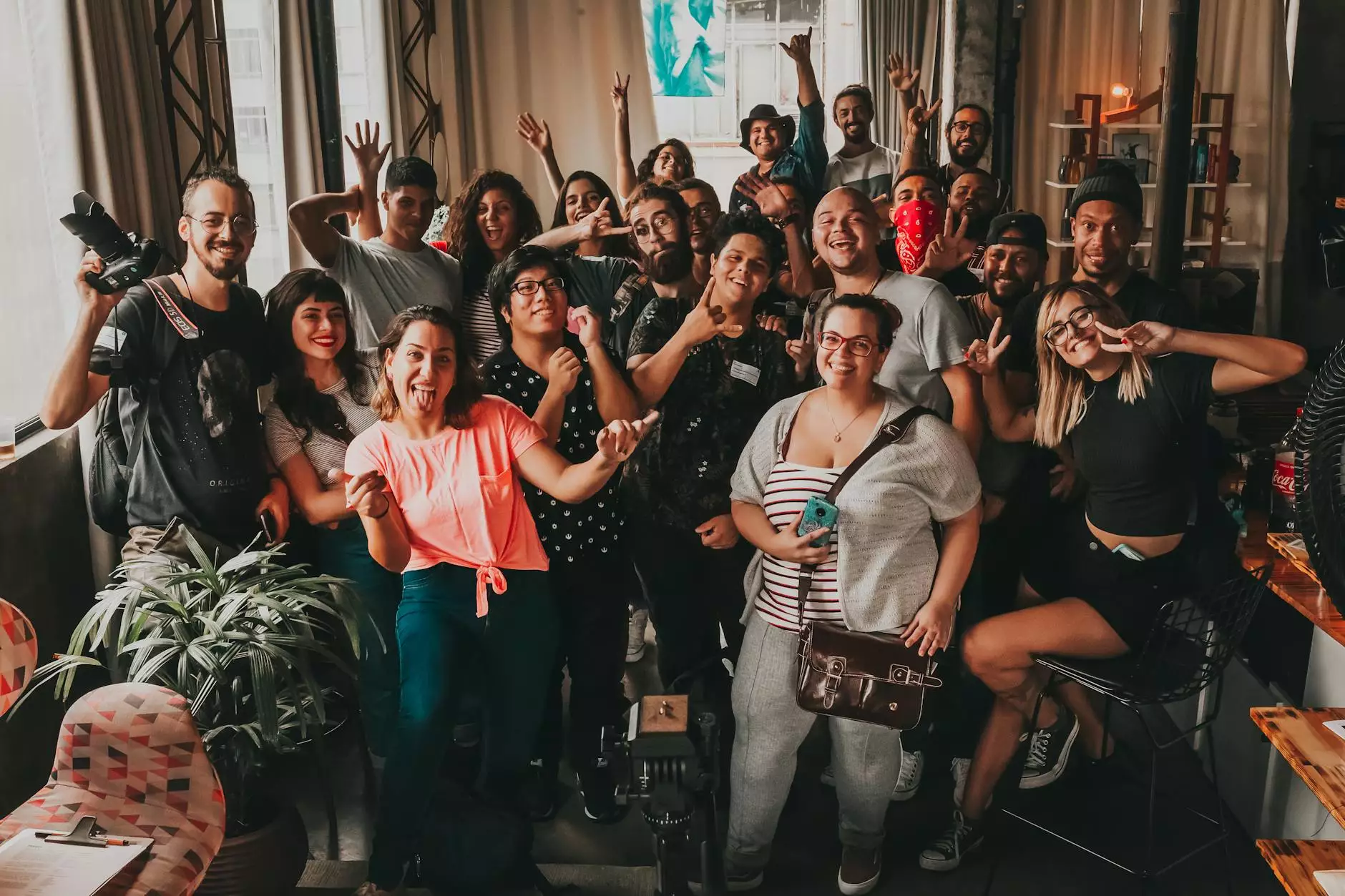413 – Be Used To vs. Get Used To
English Grammar Lessons
The Key Differences Between 'Be Used To' and 'Get Used To'
Understanding the subtleties of the English language is essential for effective communication. In this guide, NJCLT delves into the differences between two commonly confused phrases - 'be used to' and 'get used to'. By gaining a clear understanding of these expressions, you'll be well-equipped to navigate various contexts and convey your thoughts accurately.
Mastering 'Be Used To'
'Be used to' signifies familiarity or accustomedness to a particular situation or action. It implies that the subject is not surprised or affected by it anymore. This phrase requires the gerund form of the verb to follow it. Let's explore some examples to enhance your understanding:
- She is used to waking up early every day.
- We were used to living in a big city before we moved here.
- They will get used to the new office environment soon.
Unlocking 'Get Used To'
'Get used to', on the other hand, implies the process of becoming familiar with or accustomed to something. It suggests an initial unfamiliarity or discomfort that gradually subsides over time. This phrase is followed by the base form of the verb. Observe the following examples:
- He needs to get used to driving on the left side of the road in this country.
- After the renovation, it took us a while to get used to the new layout of our house.
- I am slowly getting used to the spicy food here.
Tips for Proper Usage
Situational Context
Understanding which phrase to use depends on the specific situation or context being described. To ensure accuracy, consider the level of familiarity or adaptation required.
Past Tense vs. Present Tense
When expressing habit or a state of familiarity, 'be used to' is generally used in the present or past tense. 'Get used to', however, primarily addresses an ongoing process of adjustment and tends to be used in the present progressive tense.
Subjectivity and Adaptation
'Be used to' emphasizes the subjective experience of being accustomed to something, while 'get used to' highlights the process of adaptation or adjustment.
Enhance Your English Fluency with NJCLT
At NJCLT, we are committed to helping individuals improve their English language skills. Learning the nuances of expressions like 'be used to' and 'get used to' is just one aspect of our comprehensive program that aims to enhance your fluency.
With our expert guidance, you'll gain the confidence to navigate various language structures, expand your vocabulary, and apply grammar rules accurately. Our personalized approach ensures that you receive the attention and resources needed for a successful language learning journey.
Why Choose NJCLT?
- Experienced Instructors: Benefit from the expertise of our highly qualified instructors who offer personalized guidance tailored to your specific needs.
- Effective Strategies: Learn proven strategies and techniques to improve your English fluency, comprehension, and communication skills.
- Comprehensive Curriculum: Access a comprehensive curriculum that covers all aspects of the English language, including grammar, vocabulary, and pronunciation.
- Interactive Learning: Engage in interactive learning activities and practice exercises to reinforce your understanding and application of language concepts.
- Flexible Learning Options: Choose from a range of learning formats, including group classes, one-on-one sessions, and online courses, to suit your schedule and preferences.
Join NJCLT today and embark on a transformative language learning experience. With our proven methods and dedication to your success, you'll become a confident English speaker in no time!










